Bröselmaschine | Interview | Peter Bursch
Peter Bursch is a German guitarist who formed the legendary German folk rock group Bröselmaschine in the late 60s together with Willi Kissmer.
Their 1971 debut album was issued on Pilz Records and remains their most well known release. The band dissolved several times and re-formed several times. Peter Bursch is also a lecturer and author of guitar textbooks. His publishing career began with his 1975 “Guitar Book” which has sold over 2 million copies.
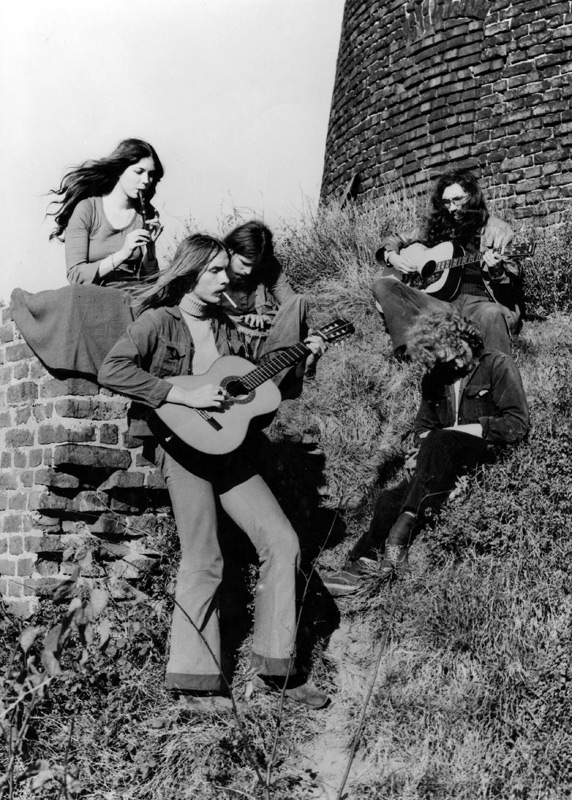
“We tried out every new form of living and music”
To begin with, you were born in Duisburg. Was music a big part of life in the Bursch household?
Peter Bursch: I have an older brother and in the 50s he was a fan of Elvis Presley. He had a guitar, but he didn’t really play, so I got the guitar and I started with Elvis and rock ‘n’ roll.
At what age did you begin playing music and what were the first instruments that you play?
I started when I was around seven or eight years old. I was involved in the church at a very young age because of my family. I had a school band very early on and at the same time I also started teaching when I found out I can teach the chords and songs. It was very easy for me to learn new songs. I saw questions in the heads of other children who were the same age.
How old were you when you joined your first band?
I think I was twelve or thirteen years old when I had my first school band. Back then the Beatles were a big influence. We tried to copy all the Beatles songs that we heard on the radio. We tried to find all the chords et cetera. It was very difficult at that time to get information, but we had a lot of fun. The band didn’t have any real names. The first was really Bröselmaschine when we started in 1968. The early influences were the Beatles, after those early rock ‘n’ roll records, and then I heard Bob Dylan. He was a big influence. Well actually before Bröselmaschine, there was a band with whom I played at the festival here in Germany in 1966. We were called Les Autres. I was at that festival a year earlier as well. It was called Die Burg-Waldeck-Festival. It was the first festival in Germany for Folk Music, protest songs, and a bit later for Rock music.
Was there any scene in your city?
There was not a big scene in my city, only friends played together. We had a special pub, where we met (this was mid-60s) so there were not so many musicians. With Les Autres I played at that Burg-Waldeck-Festival as a newcomer band in 1966. In 1965 when I attended the same festival I saw from the US a lot of great artists and songwriters. I met Phil Ochs, and so many others. The German musicians that played there became popular later on. Artists like Reinhard Mey and Hannes Wader sang in their native language – making great songs, protest songs. I also met Franz Josef Degenhardt, …
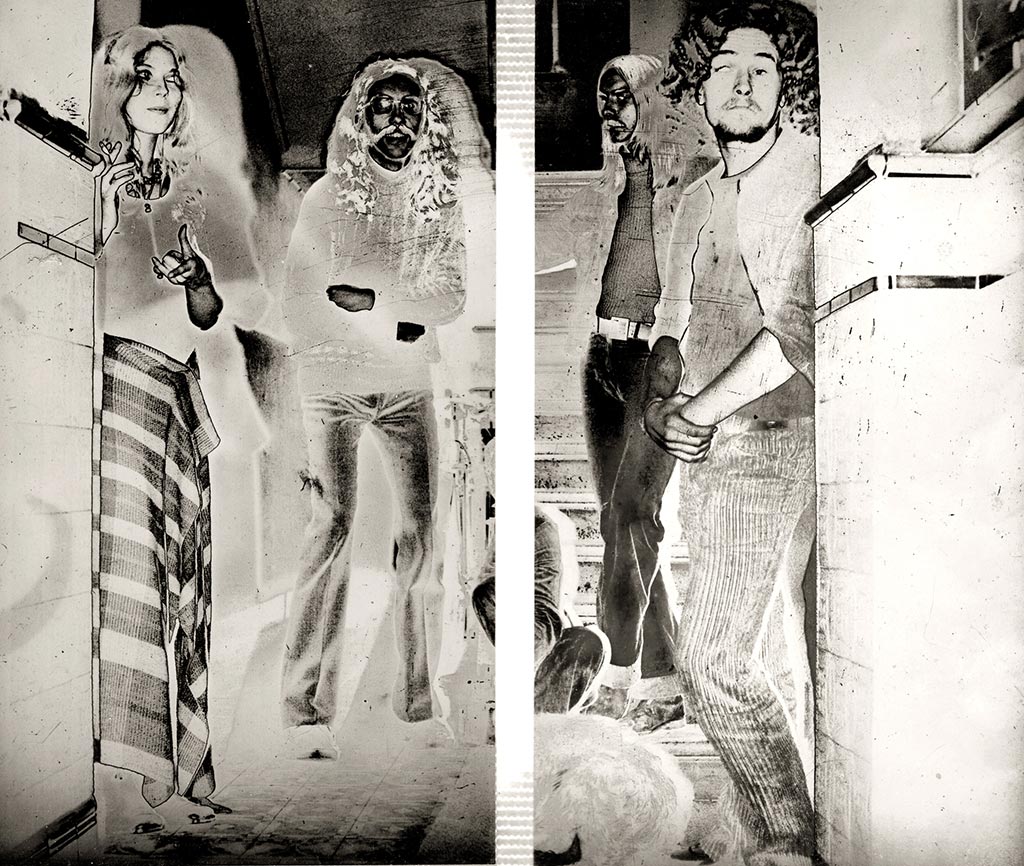
Les Autres was a band you formed in 1966. Can you tell us more about them? Did you record anything?
We didn’t do any recording with Les Autres. As I said we played at the Folk Festivals, School Festivals and so on.
How did the transformation happen to form Bröselmaschine and who were the original members? Did the line up change?
The members of Bröselmaschine were all friends. We all played in different bands before. The singer, Jenni Schücker had a duo with the other guitar player in Bröselmaschine, Willi Kissmer. I also played at the time as a singer/songwriter playing protest songs, so we met very often. One time we came together with the bass player (Lutz Ringer) and the drummer (Mike Hellbach), he also played tabla, the Indian instrument. We decided to find out if he could play together. We wanted our own music. Until that time we mostly played covers. We soon decided to try to write our own songs. It was very shortly that we wanted to live together in a commune and that was in 1968 and a lot of friends also moved in our house [laughs]. We have been the first commune in our hometown. There were sometimes 12 or 14 people living there, with girlfriends and everything. It was a lot of fun. This was also a new form of living together. We left home and stayed together and tried from the beginning to make a living with the music and we had luck that we were able to play in 1968 at the first big German Music Festival in Essen [Internationale Essener Songtage]. There you had Frank Zappa with The Mothers of Invention. We never saw him before and it was unbelievable. Other Rock bands just formed around that time like for instance Guru Guru, Amon Düül, … we met Kraftwerk, but at that time they were called Organisation lead by Ralf Hütter. We actually did concerts with the Organisation in Dusseldorf. We hung around with them and it was a big influence for us. Also there was a group CAN from Cologne. One of the members was from my hometown Duisburg. He also came to our concerts and played their first record, ‘Monster Movie’. At that time we were still working on our first record so it was a very big thing. His name is Holger Czukay. He was a great guy. He helped us a lot. That was all in the beginning of 1968.
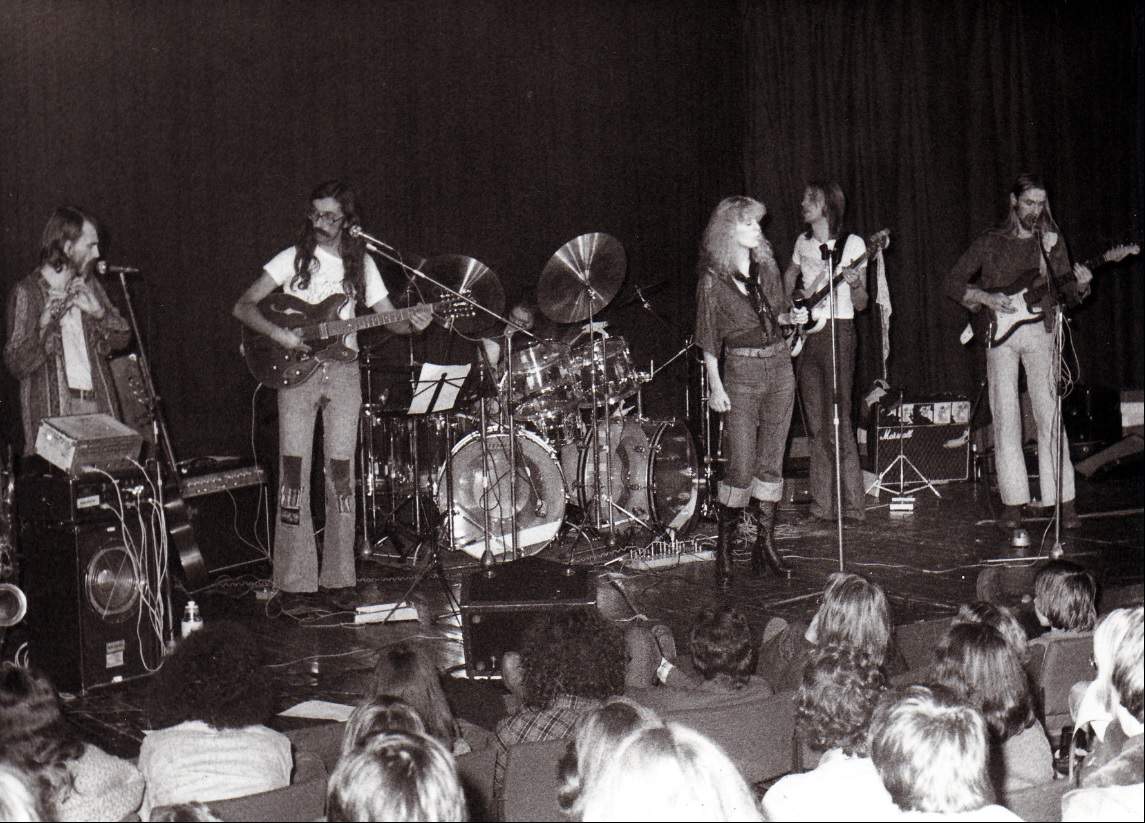
At Internationale Essener Songtage we met Rolf-Ulrich Kaiser. He organized the festival and was a big inventor at that time for the whole new music scene in Germany. New generation of bands who wanted to own material, own music, and improvisation. He gave us a contract and we started to work on the songs. The big thing was that he invited us to a Music Academy, near our hometown, to stay there for two weeks. Everything was paid. We had a rehearsal room and could record very easily, although there were poor cassette recorders. A lot of our friends came by and helped us also when we played together and it was a big time. After that we went to Dieter Dierks studio near Cologne (Pulheim). He had a small studio when he started. It was a small room in a farm owned by his parents where the pigs normally lived in, but he could use it [laughs]. We recorded there and it was so small that our singer had to stay outside [laughs]. Yes, it was something. You can hear it on our first album … vocals were recorded at night to reduce any outside noise, but you can hear the bells ringing from the nearby church, cars passing by (from left to right) … it was very experimental. But all in all it’s a great recording. We recently remastered the first record and the sound is unbelievable for that time. You know nobody knew how to record acoustic and electric guitar, but it turned out wonderfully.
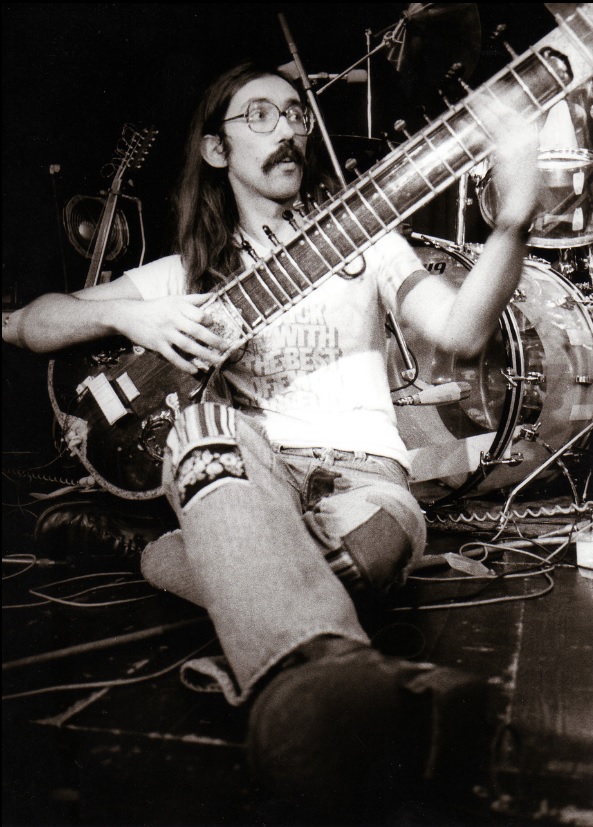
The lineup didn’t change from the beginning. We have been together for six years and we lived together. It was a big experience for all of us. You can understand what happened in our commune. We tried out every new form of living and music … With these first bands in Germany we had a community. Amon Düül lived in Munich and they invited us to visit, Guru Guru in Heidelberg, Tangerine Dream in Berlin, Xhol Caravan lived in Wiesbaden, CAN in Cologne, Ralf Hütter in Dusseldorf. We invited them for a concert here in Duisburg and they invited us because there was no agency or hall for this kind of music. It was nearly impossible to go on tour without help from other bands and that’s how it started here.
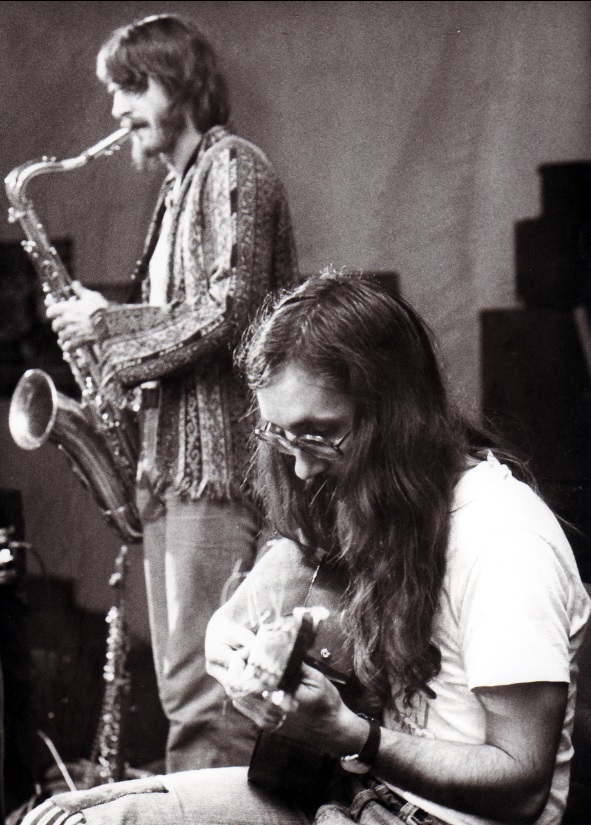
How did you decide on the band’s name?
We all smoked marihuana. The joint went all around in our living room or on stage before playing. The joint was for us like maybe for the Indian a peace pipe… it was to get a good feeling and good ideas. The drummer, Mike Hellbach, built a machine where he put the hashish plate on one side and on the other side came the crumbles out falling directly on the rolling paper. This was Bröselmaschine because that’s the German word for crumbles. We couldn’t tell that! Our singer, Jenni Schücker, had a motorcycle and on it she had a sticker with our name on it… so we told journalists that it’s a motorcycle’s name.
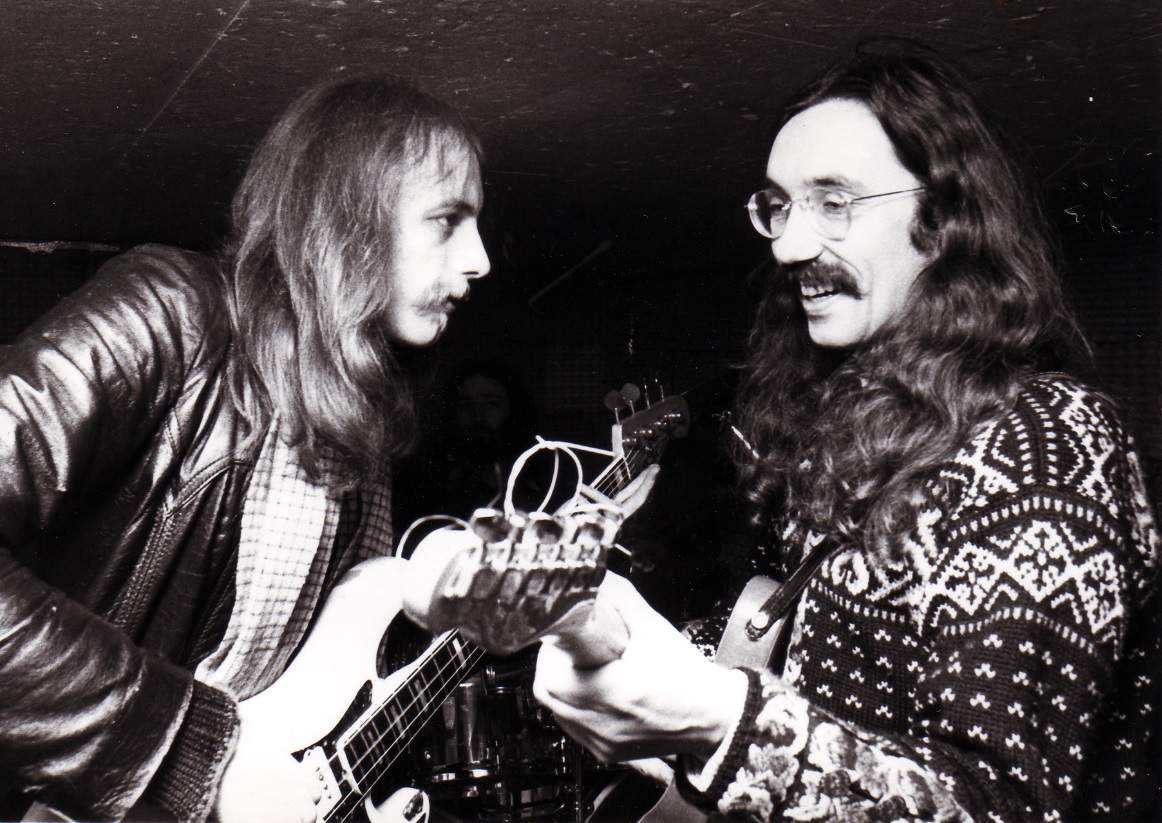
“We have been influenced by Indian culture, poetry, psychedelic rock”
Did you have any mantra?
We have been influenced by Indian culture, poetry, psychedelic rock music… I think that every three months we had a new direction we tried out. We have been very young and we always said “that’s the right way for us and for everybody.” [Laughs] But it changed constantly.
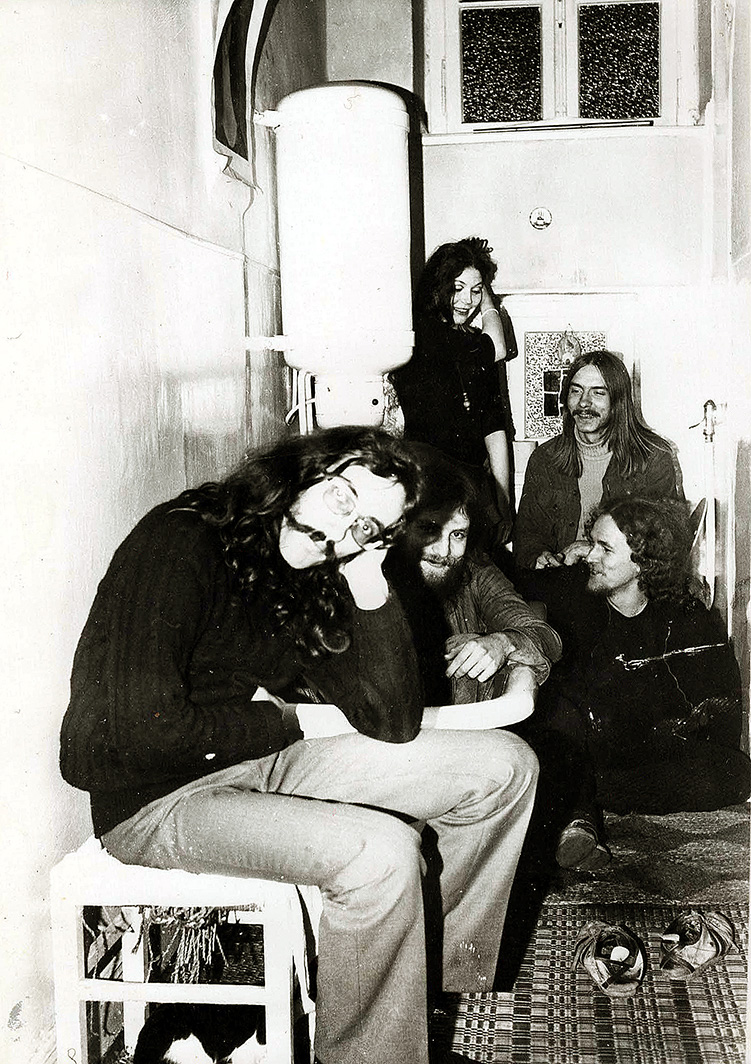
In 1971 you got signed to now legendary Pilz Records. What’s the story behind making your debut release?
We had the contract much earlier and worked on the record for a very long time before we went to the studio. All the songs were written by us. We were sitting in our living room and playing guitar and everybody had some kind of idea. Mostly my dear guitar friend, Willi Kissmer, who died in 2018, and I did the most in the band. On that record we also played a lot of instruments, because our bass player, Lutz Ringer, was originally a guitarist, so he wasn’t that clever on the bass, but for us it was much more important to be together with friends. So we helped him to play bass a bit better. It was good, everything was fine. On the album I played acoustic electric guitars, we borrowed some of the instruments because we didn’t have that much money and we had a lot of percussion, flutes. I played the flute. At the time Dieter Dierks bought a mellotron from London. I think he got it from the Island Studio because he had friends there. It was a fantastic keyboard, unbelievable. The album was recorded in Pulheim, a small town outside of Cologne.
What can you say about the cover artwork?
The artwork was made by a friend of ours. He didn’t live in our commune, but he lived around the corner and we just had this idea with this cover and he painted it and helped us with it.
Willi Kissmer was a painter as well and became very popular. His paintings are in many museums around the world. In the USA I see his paintings in almost every museum. He and our drummer, Mike Hellbach, could also do fantastic comics. We did a lot of things together. I did comics as well in my guitar books.
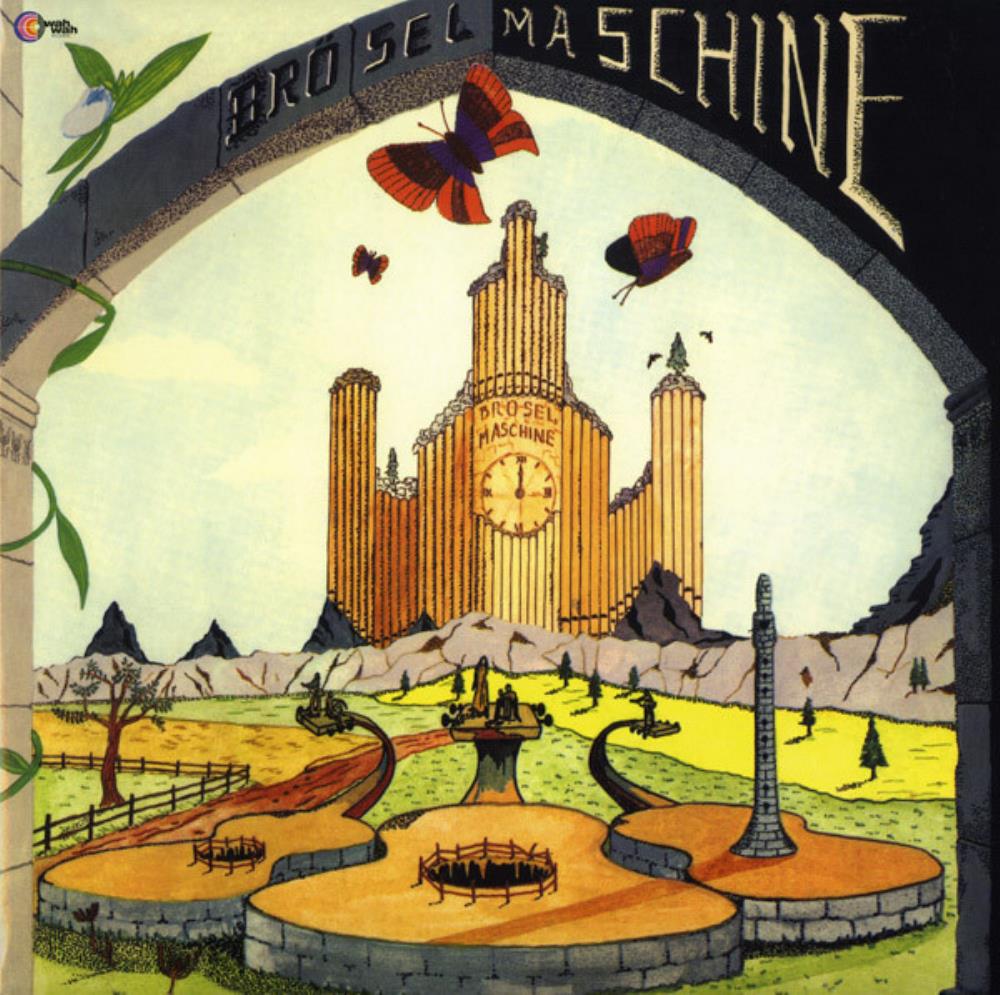
What did the promotion and distribution look like?
We weren’t that popular at the time. The record was released and then we went on tour very fast. In 1971 we had 150 concerts. We played very early in the UK, Netherlands, France … basically in all the countries around. That was fantastic. In Switzerland we did a tour and it was a new kind of music for everybody. Every concert was different because we did a lot of improvisations. Often we invited friends. I remember we also did sessions at Music Academy when we worked on our record. A lot of bands came by and we did sessions. It was a big community and we all loved to play together.
In the UK we met Pink Floyd because we have been to a festival. We saw for the first time their big PA. We played with small vocal amplifiers from Germany and a small mixing table and then we saw that Pink Floyd had a guy sitting in the middle of the hall behind a huge mixing console. Haha, we never saw that before. We also met Uriah Heep, they just had a big hit with ‘Lady in Black’. They invited us to play concerts with them and then they told us that they are selling their PA system to buy a bigger one. We bought it! Kelly PA, was it?! We brought it over to Germany and had our first concert in Berlin at a wonderful club in Berlin. We played three nights. That club in West Berlin was very famous. Directly beside it was a SWF.
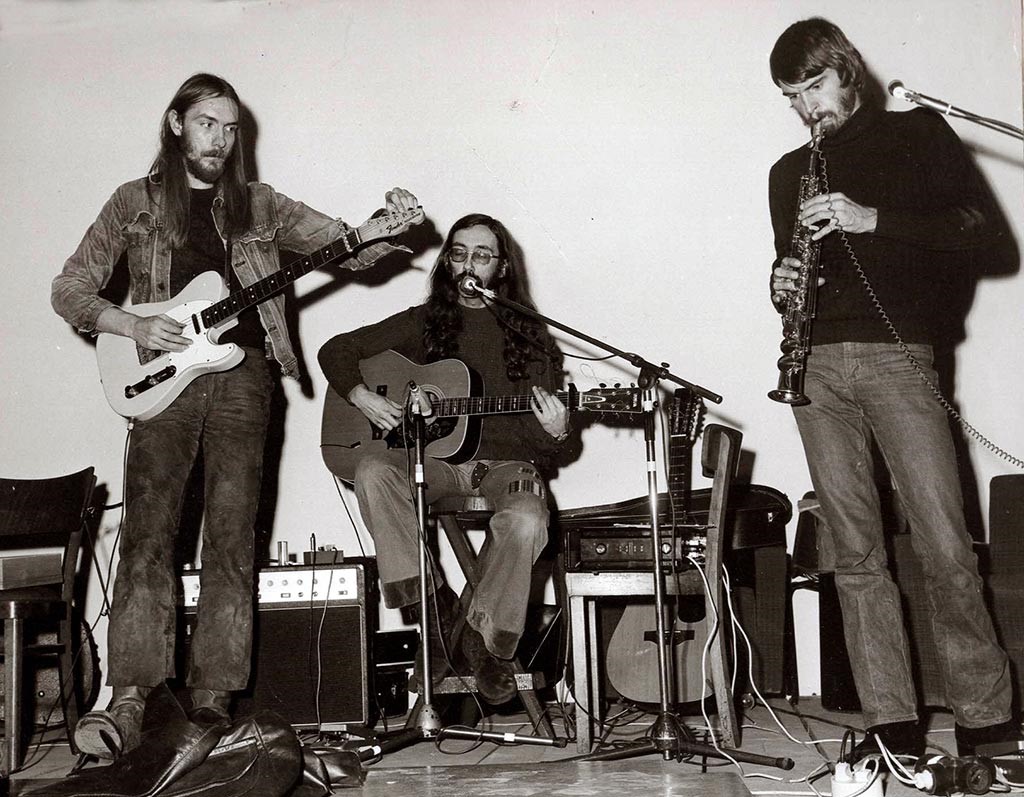
Did psychedelics have any impact on you as a musician?
Not really, it was more for us to have a good feeling together… that we are all brothers & sisters.
You were also part of an avant-garde project, which released an album in 1972 titled Musikalische Gruppenimprovisation.
Yes, indeed. How did you know that? You know at the time we didn’t know that many musicians and I were open to play and experiment. I played sitar and had a lot of Indian friends. I also played with musicians from Turkey. I don’t know if you know, but I have a German-Turkish band called Rüzgargülü / Windrose. At the Music Academy where we could work they later asked me to teach there. I met Jazz musicians, World musicians … The idea was to come together and do this record and to show what is possible if people don’t know each other.
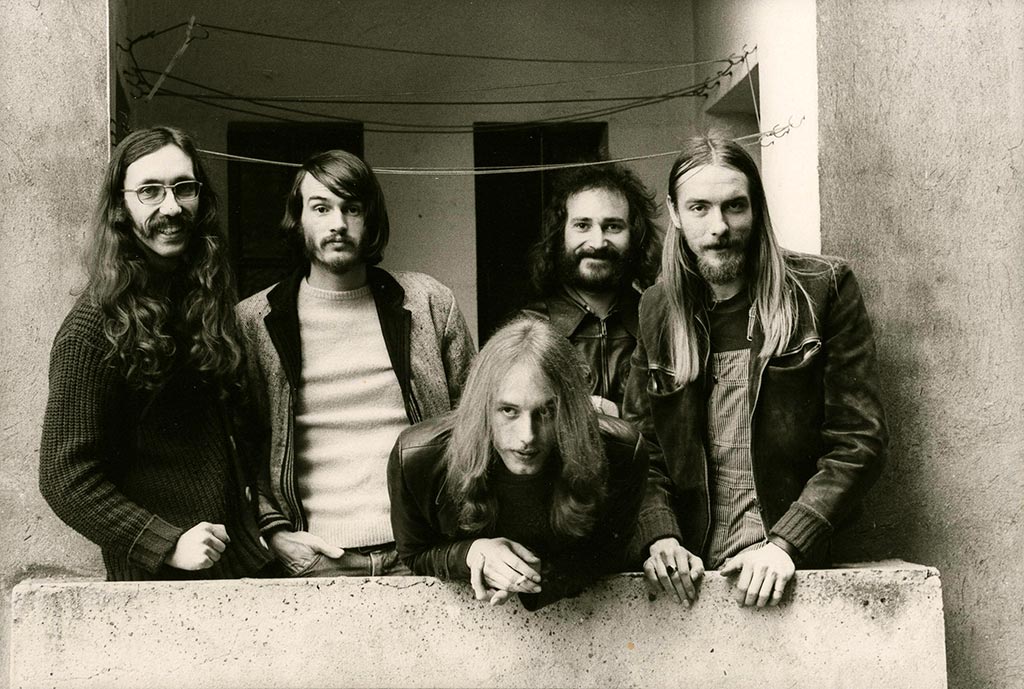
You didn’t record anything until 1976?
The record was very successful. I still don’t know how many were sold. We had a lot of problems with the record company. They did a lot of things wrong. They haven’t given us the money… We had no chance to do something about it. We had to wait until the contract was over. We had a four year contract. We have been free to do records with other record companies after it. The second album was released on Xenophon (Intercord). During that time I worked on my first guitar book and the owner of this distribution company worked with Intercord so that came together and beside that I did a double LP with acoustic guitar with a lot of German acoustic guitar players and that record went Gold. It was very popular. I had four acoustic songs on it. That was with Intercord as well.
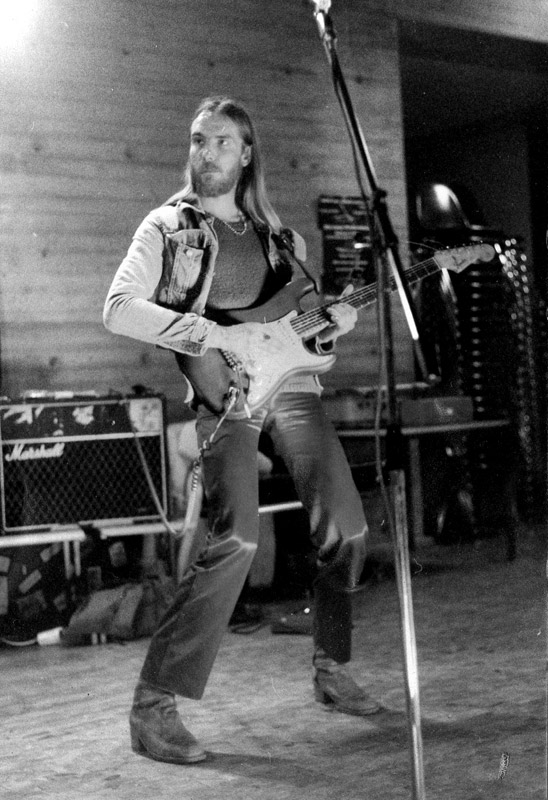
It was very hard to get a new band together. Our band split because Jenni Schücker and Mike Hellbach went to India with Embryo from Munich. We all wanted to go with them, but I was married during that time and had a child and we have been afraid to go with a young child. He was about two years old. We stayed home. That was the main reason that the band split. So I played as a duo with Willi Kissmer and started to get other musicians together. Klaus Dapper joined us on flute. We also got help from Guru Guru, Kraan, from an Indian tabla drummer and from some other friends from the bands. They came to the studio and played drums and bass and so on.
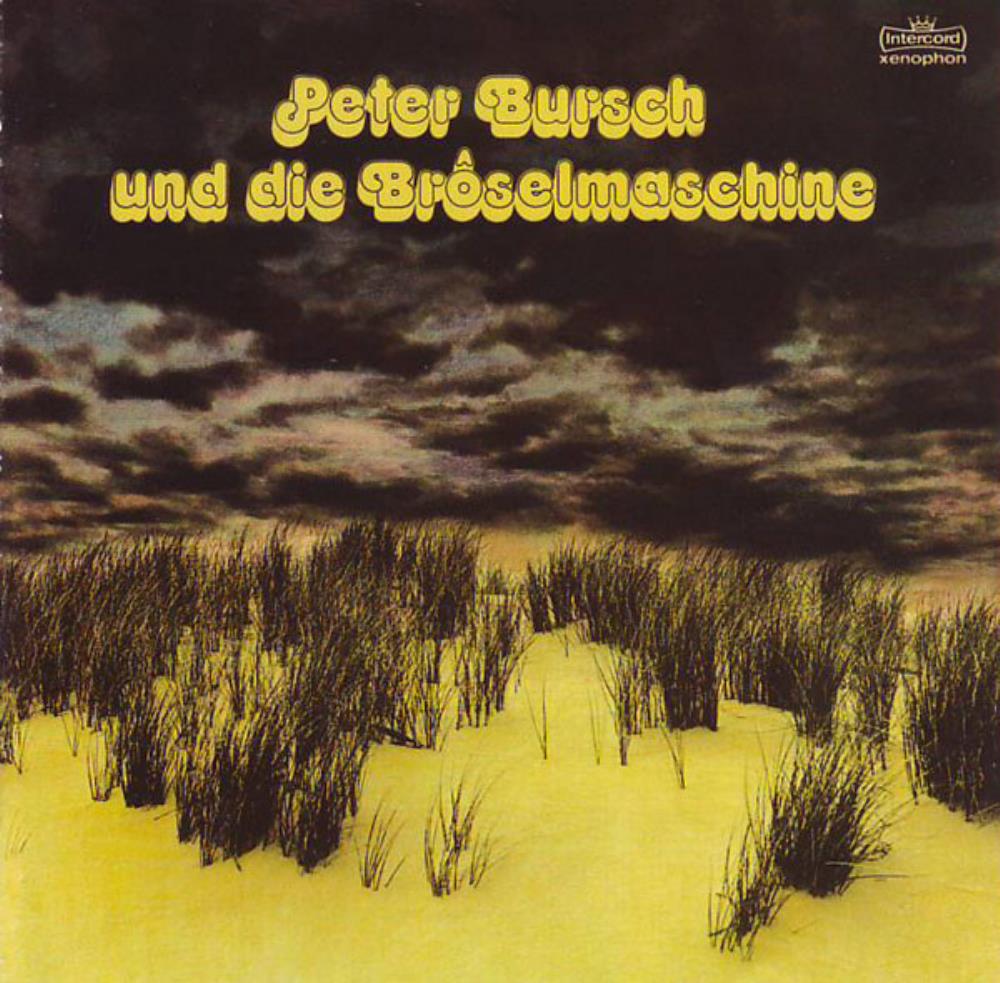
It took another year to get a new drummer and bass player because at the time all of the good musicians had their own bands and there were nearly no other musicians who could play well. We asked around everywhere. Then we found a great drummer here in Duisburg. He worked alone and was a very strange guy. He played drums like Led Zeppelin drummer; really great! He wanted to play in a band at the time to become the best drummer in the world. [Laughs] He didn’t want to be part of our band, but at last he joined us. His name is Wilfried Zyski. The bass player was Detlef Wiederhöft. We had a new band together and then got a new record contract. That was a record called ‘I Feel Fine’. We also had problems with Wilfried Zyskia. He left us just before we went to the studio. A friend of ours, Waldo Karpenkiel, who played with another band joined us, and also another drummer, Mike Gosen. That lineup played all the concerts in the 70s. Then later Wilfried Zyski came back, yeah it was a terrible time. [Laughs]
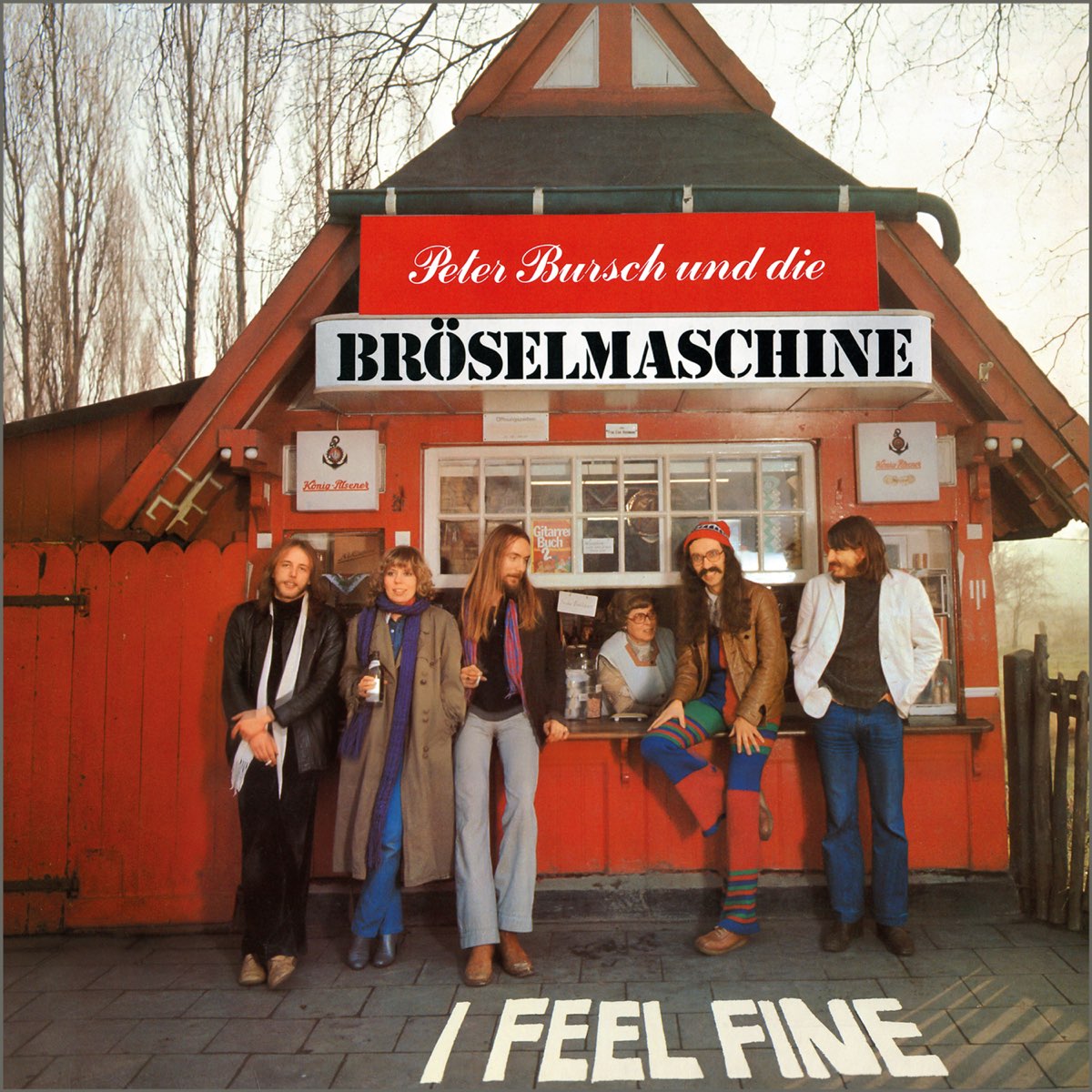
What followed?
That came from my students. When I came home all the guitar players in town visited me and asked how you learned this and that. So I started teaching. It was a lot of fun. I could help everybody. They said I’m a great teacher. I had over 100 students and then they asked me to write something down. I could teach here in school and write everything on the table, but I sat down with my type machine and also did all the comics for my first book. This came out and a lot of people wanted it and I couldn’t handle that. The first books I did for free. I just gave them to students and then on the next tour through Germany I had this idea to ask all publishing companies in Berlin, Munich, Mainz… but nobody wanted to do it. The book wasn’t filled with notes, but I did it with tablature… at that time nobody knew about that in Germany. They said, that’s not enough… It took one or two years before I found Voggenreiter. I wanted a comic on the cover, but they didn’t want… anyway … the book sold very well. Thousands of books were sold in one week. The company was astonished. Then he made 10,000 and sold it in three weeks, haha. Now, I have sold over 2 millions books… It was a big success. I was on TV shows, workshops, et cetera. It’s a wonderful thing beside my rock music. I never had a teacher, I did everything myself.
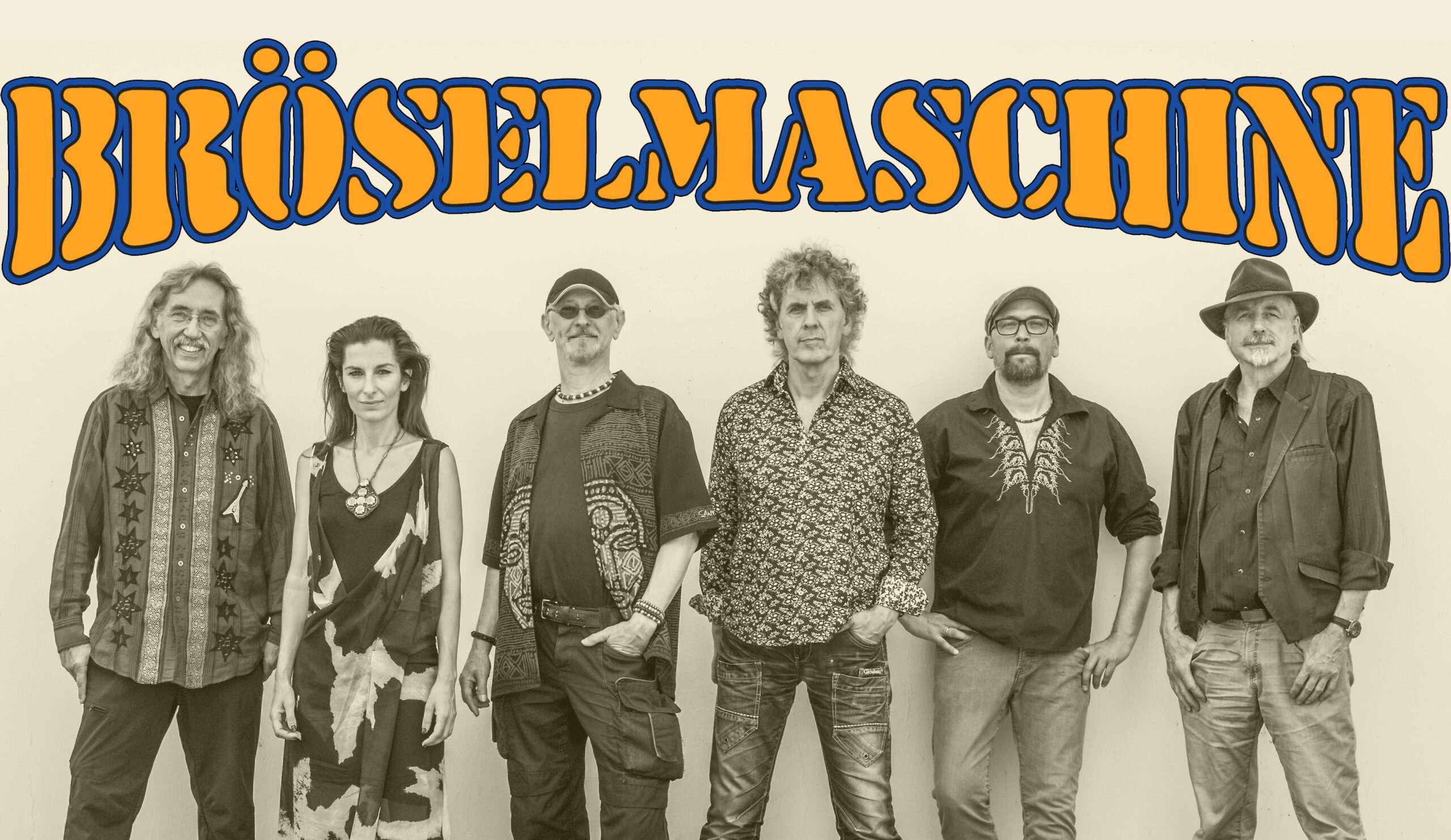
What currently occupies your life?
I still write books. I recently worked on a ukulele book. I have played that instrument since the 60s. I play nearly every string instrument and I have a big collection here in my house. I have been teaching ukulele for several years. It’s more and more popular these days so my publisher asked me to do a children’s book and a book for students. During the pandemic we couldn’t do workshops or any gigs. It’s very sad. I have my own music school in my town with my wife. She’s also teaching and playing and songwriting. She’s a great musician and I produce her albums. You can find them on my website. She is also doing other things. You can see it on her website. She’s also a painter…
The music school was closed, but the students stayed in touch via computer to come through this difficult time.
In the last 15 years I did other big projects. I visited prisons and showed them how to play the guitar. We called it “Gitarren hinter Gittern.” The people from prison write to me that they have no time to learn guitar and one mother of a young guy who was in prison … She wrote that her son has now stopped using drugs, and started to play guitar and that I helped him … and that he’s now out of prison, has a job and plays guitar. The project went really well. We received a lot of guitars from Scorpions, Die Toten Hosen and many popular bands gifted guitars for prisons… Some music shops gifted guitars as well.
I have a big project with young bands… You know, it started in the 70s. I did a seminar each year at the academy I told you about… There I teach 200 musicians that play in bands. I had a lot of teachers from popular bands. Young bands are coming from everywhere and what I like to do is to mix the young musicians … They write new songs during the whole week. On the website of Eurorock you can hear all the songs we recorded.
I want to bring young people together to learn from each other making music together. They usually stay in touch later on. It’s a wonderful project.
Klemen Breznikar
Headline photo: Bröselmaschine in 1969 | Mike Hellbach (Percussion), Peter Bursch (Guitar, Vocals), Jenni Schücker (Vocals, Flute), Willi Kissmer (Guitar, Vocals )
All photo materials are copyrighted by their respective copyright owners, and are subject to use for INFORMATIONAL PURPOSES ONLY!
Bröselmaschine Official Website / Facebook / Instagram
Peter Bursch Official Website / Facebook / Instagram

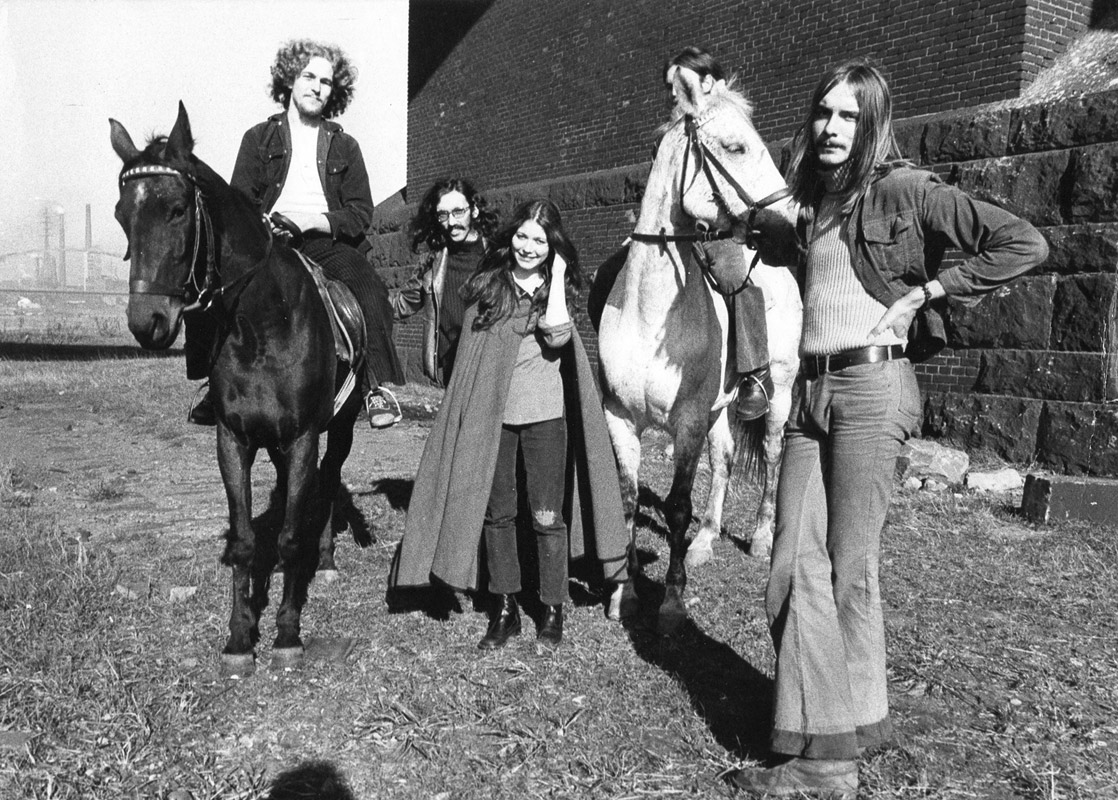
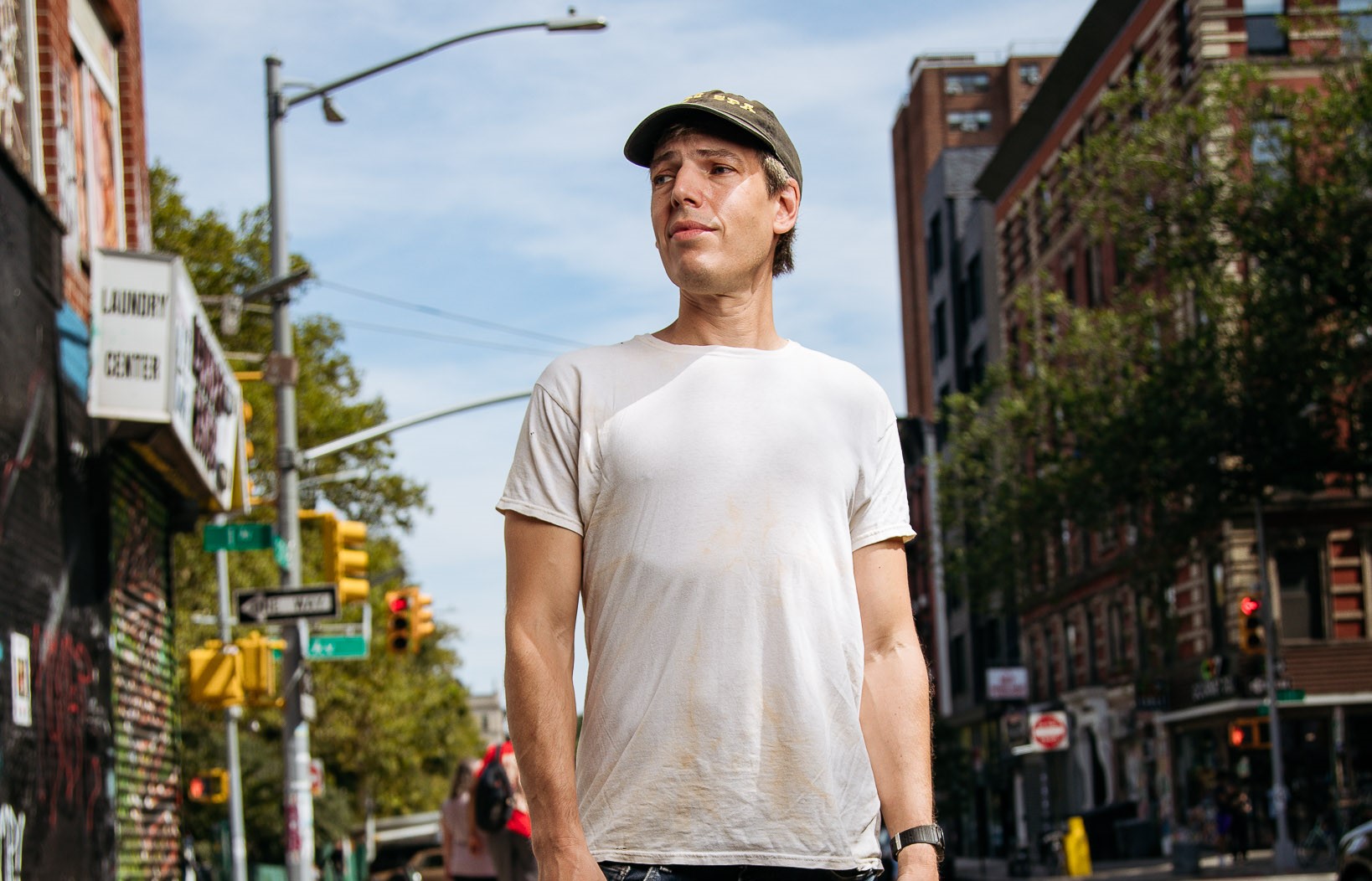
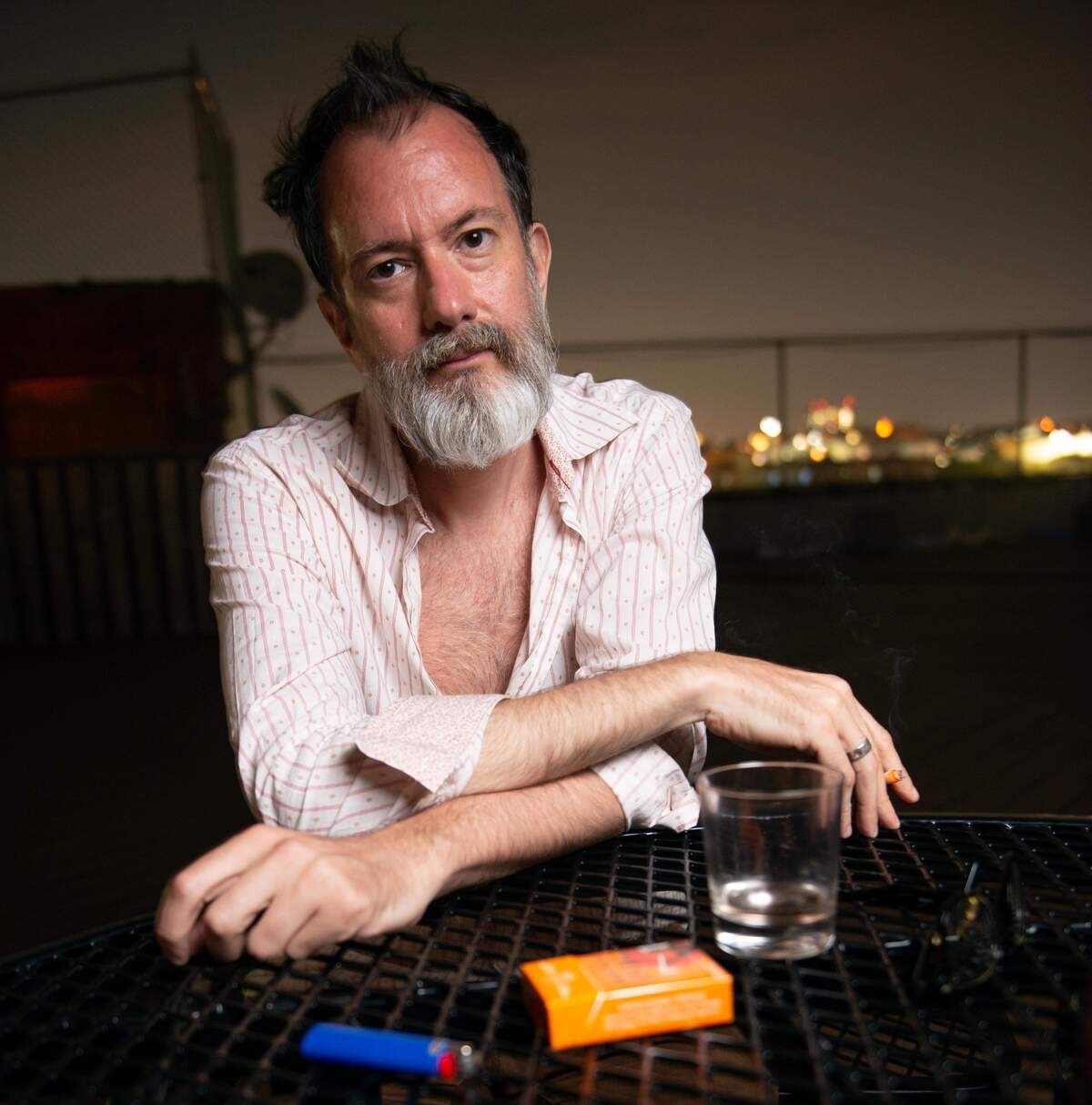

Thank you for this unknown German band.
A band from our time. Thank you for the interview. It gave us more memories about the great time of the 70s. Wilfried Zisky produced his own MC in the 80s in which he demonstrates his great talent and which can be heard at the following link on Youtube:
https://www.youtube.com/watch?v=8x5U7gt72kM